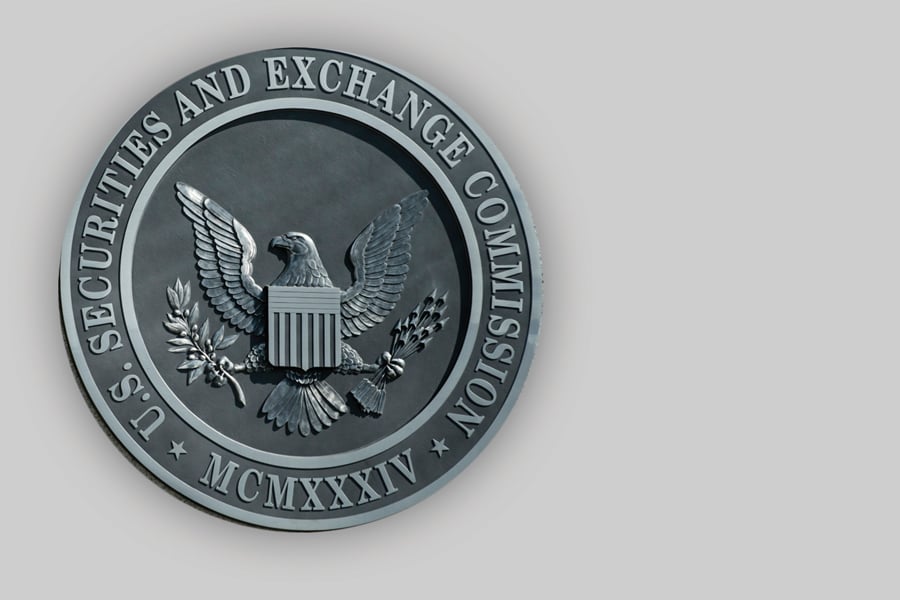It may take years to determine whether investment advice reform regulations approved by the Securities and Exchange Commission this week will better protect investors from conflicted advice, but that's not stopping advisers and others from offering widely divergent opinions of them.
The four-member commission
on Wednesday approved in a series of 3-1 votes each part of the package, including
Regulation Best Interest, which is designed to raise the broker standard above suitability by preventing brokers from placing their interests ahead of their clients' interests.
"This is nearly the best regulation we could have hoped for," said John Taft, vice chairman of R.W. Baird & Co. "It's a major win for individual investors and for trust and confidence in the financial markets."
Like SEC Chairman Jay Clayton and Republican commissioners Hester Peirce and Elad Roisman, the three commissioners who voted in favor of the reforms, Mr. Taft is confident Reg BI, as it's known, will increase investor protection.
"It says advisers must put their clients' interests first," Mr. Taft said. "That's never been stated as a regulatory principle before yesterday as it relates to brokerage."
Democratic SEC member
Robert Jackson Jr. and consumer and investment-adviser advocates, however,
denounced Reg BI.
"The rules are a catastrophe for investors that will become known as Black Wednesday," Knut Rostad, president of the Institute for the Fiduciary Standard, said after emerging from the SEC meeting. "Investors will have to search even more diligently for real fiduciary advisers."
Other parts of the regulatory package included
Form CRS, a disclosure requirement, and SEC interpretations of the
investment-adviser fiduciary duty and language in the Investment Advisers Act that
allows brokers to give some advice without registering as advisers.
The SEC will continue to regulate advisers and brokers separately. Mr. Clayton emphasized the rules are designed to protect what he calls the pay-as-you-go brokerage model, while raising the broker standard using fiduciary principles that govern advisers. He said there's
no "one-size-fits-all" solution.
But Hubert Ross, an adviser at Polaris Wealth Management, said the SEC appeased the brokerage industry.
"I am disappointed that the SEC appears to be more concerned about the industry as opposed to the individual investor," Mr. Ross said. "They made the decision that one-size can't fit all because they're trying to accommodate the way the industry is structured today and not force the industry to evolve."
Dean Harman, owner of the dually registered firm Harman Wealth Management, gives the SEC credit for listening to industry and consumer groups and devising pragmatic rules.
"It did a really good job of striking a balance between the practical and protecting the consumer," Mr. Harman said. "There are certain parts of the ecosystem where it would be highly impractical to eliminate every single conflict in the value chain."
But there are investment advisers who say the new SEC rules will not change the status quo for brokers.
"It's an added obligation for brokers, but there's no proof it's going to improve their advice or the experience clients receive," said Michael Branham, a partner at the investment advisory firm The Planning Center.
It will take time to see how brokerage practices change under Reg BI, as firms establish best-interest policies and procedures for the new rules and as regulators examine and enforce them, according to Mr. Taft. The major rule changes take effect in June 2020.
"We need to be patient," he said. "Over time, this will evolve."
But Reg BI and the other parts of the package will still leave investors in the advice wilderness, said Jim Allen, head of capital markets policy for the Americas at the CFA Institute.
"I think it probably is better than suitability," Mr. Allen said. "The question is does it end investor confusion that's out there [about the differences between brokers and advisers]. I don't think it ultimately will achieve that."







